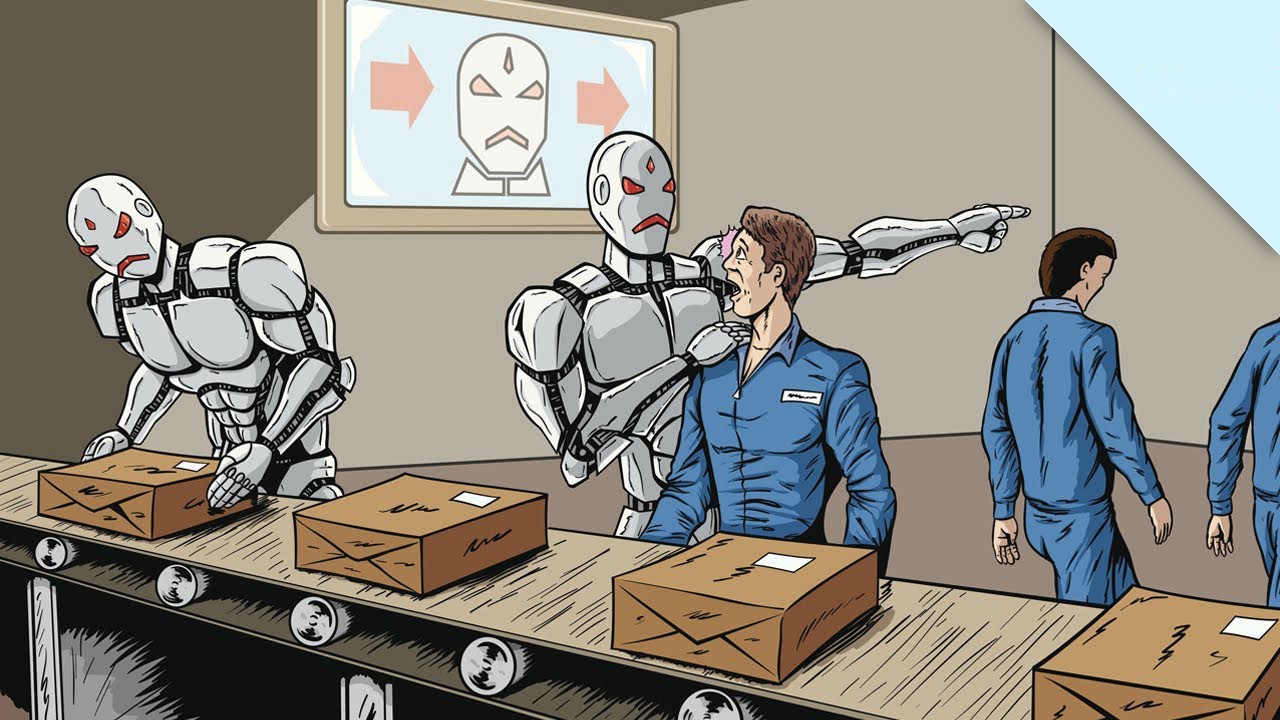We live in a world where technology is rapidly advancing, and artificial intelligence (AI) is no exception. AI has been making significant strides in various industries, from healthcare to finance, and it's only a matter of time before it starts impacting the workforce. Many people are wondering if AI will take their jobs, and the answer is yes, to some extent. But don't panic just yet. Let's dive into the topic and explore the future of AI in the workforce.
AI and the Workforce
Artificial intelligence has the potential to revolutionize the workforce. AI can automate repetitive and mundane tasks, making them more efficient and less prone to errors. It can also analyze vast amounts of data, providing insights and recommendations that humans may not have the capacity to discover.
However, this also means that certain jobs may become obsolete. According to a report by McKinsey, about 375 million workers worldwide may need to switch occupations or learn new skills by 2030 due to automation. The report also states that up to 30% of the hours worked globally could be automated by 2030, depending on the speed of adoption.
So, which jobs are most at risk? Jobs that involve repetitive tasks, such as data entry, assembly line work, and customer service, are most likely to be automated. Jobs that require a high level of precision, such as surgery and accounting, may also be at risk. However, jobs that require creativity, emotional intelligence, and problem-solving skills, such as teaching, counseling, and artistic fields, are less likely to be impacted by AI.
What Can You Do?
If you're worried about AI taking your job, there are steps you can take to prepare yourself for the future. The most important thing is to be proactive and adaptable. Here are a few things you can do:
Learn New Skills: With AI taking over some jobs, it's essential to learn new skills to stay relevant in the workforce. Upskilling and reskilling can help you transition to a new career or remain competitive in your current field.
Stay Current: Keep up with the latest technology and industry trends. This can help you identify potential opportunities or threats to your job.
Develop Soft Skills: Jobs that require creativity, emotional intelligence, and problem-solving skills are less likely to be automated. Focus on developing these skills to make yourself more valuable to your employer.
Network: Networking can help you stay connected with industry professionals and potential employers. Attend events, join professional organizations, and build relationships with colleagues and mentors.
Embrace Change: The workforce is constantly evolving, and it's essential to be open to change. Be flexible and adaptable, and embrace new opportunities as they arise.
The Future of Work
As AI continues to advance, it's clear that the workforce will undergo significant changes. However, it's important to remember that AI is not a replacement for humans; it's a tool that can enhance our abilities and improve our lives. Instead of fearing AI, we should embrace it and focus on the potential benefits it can bring.
AI can help us tackle some of the world's most significant challenges, such as climate change, disease prevention, and poverty. It can also create new job opportunities in emerging fields such as data science, AI programming, and cybersecurity.
Furthermore, AI can also help us achieve a better work-life balance. By automating mundane tasks, we can focus on more fulfilling and rewarding work. It can also free up our time for leisure activities and spending time with loved ones.
